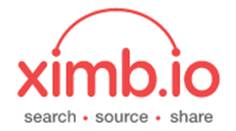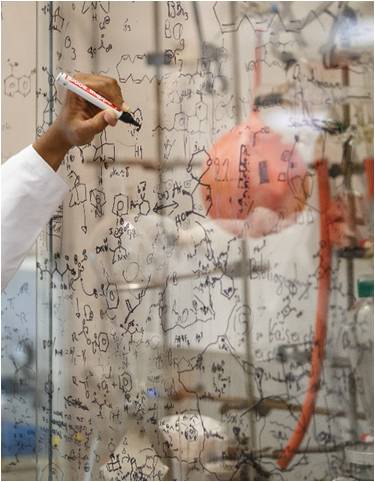

The University of Vienna has partnered with Ximbio, part of Cancer Research Technology (the development and commercialisation arm of Cancer Research UK), to make the University of Vienna’s life science research tools more widely available to the worldwide scientific community.
Ximbio is an online portal for the life science community to exchange knowledge and trade reagents. It aims to broaden the range of tools available to scientists globally, supporting and advancing life science research.
The University of Vienna have established and implemented a master commercial agreement with Ximbio; this makes it very easy to add their research tools to the Ximbio platform.

©University of Vienna 2015
Ximbio is an online reagents portal for the life science community and has been developed to change the way that research reagents are searched, sourced and shared. It aims to broaden the range of tools available to scientists globally and support and advance life science research.
For scientists looking for specific reagents to use in their experiments, Ximbio offers a fully searchable database, extensive datasheets, and supplier options, and in future will also feature peer reviews of listed products. Each reagent record can be linked to the originating inventor, enabling scientists and institutions to be credited for their work. Ximbio will operate as a business unit of CRT, and will focus on all areas of biology.
Melanie Hardman, Head of Ximbio said: “We have created Ximbio to be a place where scientists can share their research, and reagent companies can source new products, in a streamlined process that saves both time and resources. We hope to accelerate life science research.”
Ingrid Kelly, Technology Transfer Manager at the University of Vienna, commented: “Our partnership with Ximbio enables our scientists to make their reagents available to others in a convenient and fair manner. Materials that would otherwise never make it out of our laboratories can now become accessible to researchers worldwide.”
